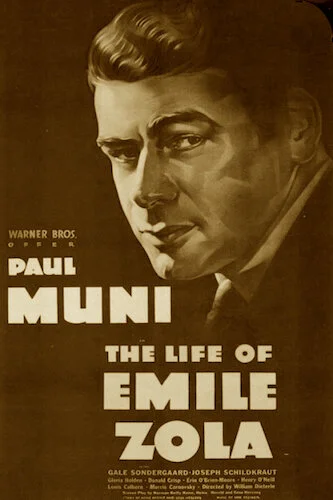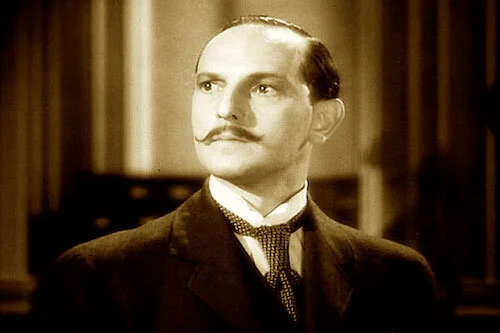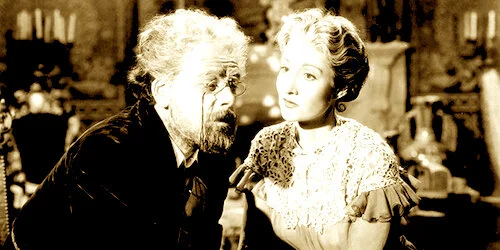The Life of Emile Zola
This review is a part of the Best Picture Project: a review of every single Academy Award winner for the Best Picture category. The Life of Emile Zola is the tenth Best Picture winner, and won at the 1937 Academy Awards ceremony.
Out of all of the Best Picture winners, The Life of Emile Zola is one of the more peculiar wins. I don’t mean quality wise: the film is actually quite good, and underrated to boot. There are a few considerations required when visiting William Dieterle’s legal drama. Firstly, the title of the film is beyond confusing. Never mind the missing accent in Émile Zola’s name (probably to allow for a North American appeal back in the ‘30s), there’s the insinuation that this is a straight up biopic of the French naturalistic writer. It actually isn’t, and it’s far from being that at all. It’s a focus on the Dreyfus Affair: the unlawful arrest of Jewish captain Alfred Dreyfus, which led to major political movement during the time of his trial. So, not only is it not about Zola’s life: it has more to do with Dreyfus’s life, and Zola’s involvement of his absolution.
The film has had a recent rebirth, but not for the best of reasons. The Life of Emile Zola is now a yardstick for how filmmakers were manipulated to not pose any anti-nazi messaging in their works (consider that this is a 1937 film). The plot is literally about an officer that was tried for treason due to his faith (he was framed for being a traitor within the outfit), and all of his heritage is scrubbed out of this film, as to not threaten the rise of Adolf Hitler’s toxic movement. Even though times were different back then, this isn’t the best look in 2019, especially since a major factor in the Dreyfus Affair is completely ignored.
Captain Dreyfus before he is imprisoned on Devil’s Island.
Well, the film is a little bit about Émile Zola, but all of his history is used to progress how he handles the Dreyfus Affair, if anything. You see his brief evolutions as a novelist, and a voice for the people of France. Again, all of this works as a lead-in to how he is chosen by the fates of life to be the voice for Captain Dreyfus. It’s a build up that works, because you see Zola’s worth as a diplomat. It doesn’t justify the film’s title, but the title becomes a shrug-worthy ponder behind the film’s stronger moments of character development.
Everything boils down to the trial at the end. We see Dreyfus’ torture on Devil’s Island (a penal colony for French convicts to be exiled to), and hope that something finally goes his way. We see Zola leave an impact on the people of France, and knowing that he will fight for Dreyfus — in what feels like the case of the century — gives us hope. For a Best Picture winner that really gets left out of many discussions, The Life of Emile Zola really can get enticing, and it’s thanks to the patience the film wishes to maintain.
Émile Zola taking on the case of his lifetime.
As a stand alone film, The Life of Emile Zola is straight forward, and solid. Even by the thrown-in ending (yet another insistence that this is a film about Zola’s life. It isn’t. It really isn’t. It’s about his life as much as My Week With Marilyn was about Marilyn Monroe’s entire life), you will still feel that this was a worthwhile visit. Excluding some political choices that have aged poorly, Zola is a thrilling watch, and one of the hidden Best Picture winners that an experiment like this can hopefully shed some much needed light on.
Andreas Babiolakis has a Masters degree in Film and Photography Preservation and Collections management from Ryerson University, as well as a Bachelors degree in Cinema Studies from York University. His favourite times of year are the Criterion Collection flash sales and the annual Toronto International Film Festival.






